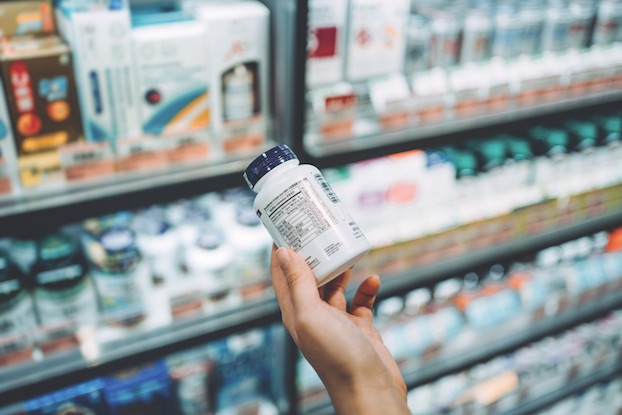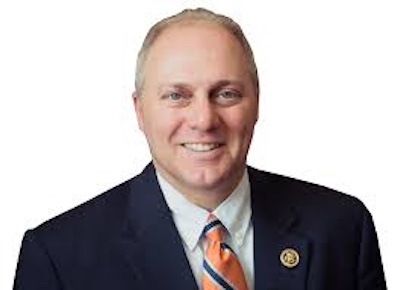Local doctor says CVS policy punishes rural residents
Published 2:59 pm Wednesday, December 25, 2024

- (Metro Creative Services)
A local doctor wants corporate America to stop making healthcare decisions for rural America, calling one new policy “punishing” and “discriminatory.”
“People on the west coast, the east coast and hippies in Washington DC don’t even know there’s a rural America,” Dr. Jody Robert George said, “much less about a place like Cameron parish, a rural area with no hospital, no pharmacy. I know there must be other such areas in the country.”
Dr. George is the family medicine doctor at Family Care Center in Westlake and director of the Johnson Bayou and Vinton Rural Health Clinics.
Trending
He has plenty of concerns about how insurance is impacting health care and independent pharmacies. However, he is currently alerting stakeholders, elected officials and the public about the discrimination, punishment and risks of a new blanket CVS policy. It restricts dispensing scheduled medications – even to postoperative and cancer patients – who live more than 20 miles away. A scheduled medication is one that could have the potential for dependency, the higher the schedule number, the higher the probability for dependency.
While he understands and shares the responsibility of reducing prescription drug abuse and ensuring the ethical dispensing of controlled substances, he wonders if the federal crackdown on opioids due to the overdose crisis might have led to undertreatment. That, combined with drug shortages and new policies, could be limiting what doctors and pharmacists are trained to do.
“Recently, a patient from rural Cameron Parish required a narcotic after surgery. Though the prescription was valid and appropriately warranted for post op pain control, a CVS pharmacy in Calcasieu Parish was forced to decline to fill it because of the new mandate.
The hospital that operated on the patient was a mile away from the pharmacy, and the patient’s insurance policy mandated that a CVS be used,” Dr. George said.
The CVS pharmacist was knowledgeable about the patient’s prescription history. He had filled prescriptions for her for 20 years, but pharmacists who in the past were allowed to exercise their own judgement based on training, experience and knowledge of the patient, are no longer allowed to do so.
“She had to be readmitted to the hospital instead of receiving 7 tablets. In order to abide by corporate policy, she was readmitted to the hospital and paid an extra $10,000 for pain management,” Dr. George said.
Trending
Another Calcasieu Parish CVS Pharmacy cannot dispense pain meds, including postoperative or cancer pain meds because it has met its quota for the year.
“Nothing against CVS pharmacists,” Dr. George said. Their hands are tied.”
This CVS blanket policy is not the only reason pain and other prescriptions are not filled at chain and independent pharmacies across the country.
A PBS special reported 309 drug shortages, the highest in a decade. The shortage is due to supply chain gaps, manufacturing delays and the increased demand for ADHD and weight loss medicines. Projections for the demand for the new RSV medicine were too low. Companies have little interest in getting certain injectable drugs with slim profit margins to market.
The NBC News reported that “pharmacy chains and drug wholesalers have settled lawsuits for billions of dollars over their alleged role in the opioid crisis. Some pharmacies have seen their opioid allocations limited or cut off.”
There are benefits to shopping at CVS, Walgreens and Walmart. Customers often find better pricing at chains. Better prices can be negotiated for a larger customer base.
Independent pharmacies are dwindling with a loss of more than one pharmacy per day.
“Don’t get me started, you don’t want to know,” said George Paret, Gordon Drugs, a pharmacist and the owner of an independent pharmacy.
He believes the federal government’s response to the opioid crisis did play a part in the pain medication shortage, but that’s not the only reason for the shortage. He said drug manufacturers are limiting production. One manufacturer caught a machine that was loading 99 tablets of a generic schedule 2 narcotic into a bottle instead of 100. The machine was shut down for six months for repair.





